24/7 Helpline:
(866) 899-111424/7 Helpline:
(866) 899-1114
Learn more about Bipolar Disorder Treatment centers in Sarasota County
Bipolar Disorder Treatment in Other Counties

Tri County Counseling and Life – Skills Center
Tri County Counseling and Life – Skills Center is a private rehab located in North Port, Florida. Tr...

Coastal Behavioral Healthcare – Tamiami Trail
Coastal Behavioral Healthcare – Tamiami Trail is a private rehab located in North Port, Florida. Coa...

Coastal Behavioral Healthcare
Coastal Behavioral Healthcare is a non-profit rehab located in North Port, Florida. Coastal Behavior...



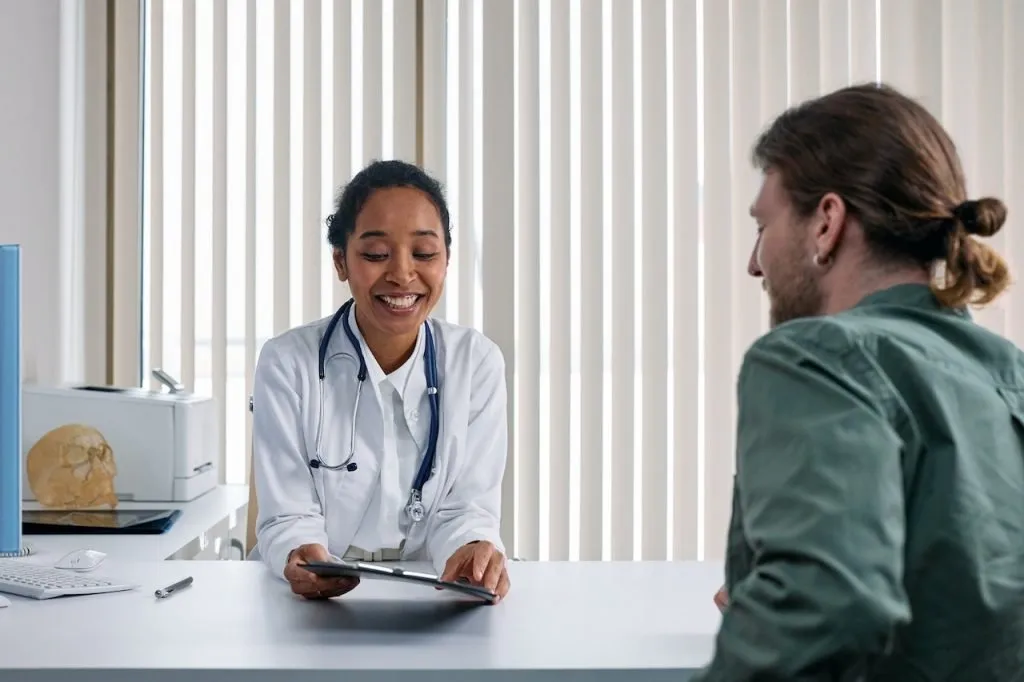











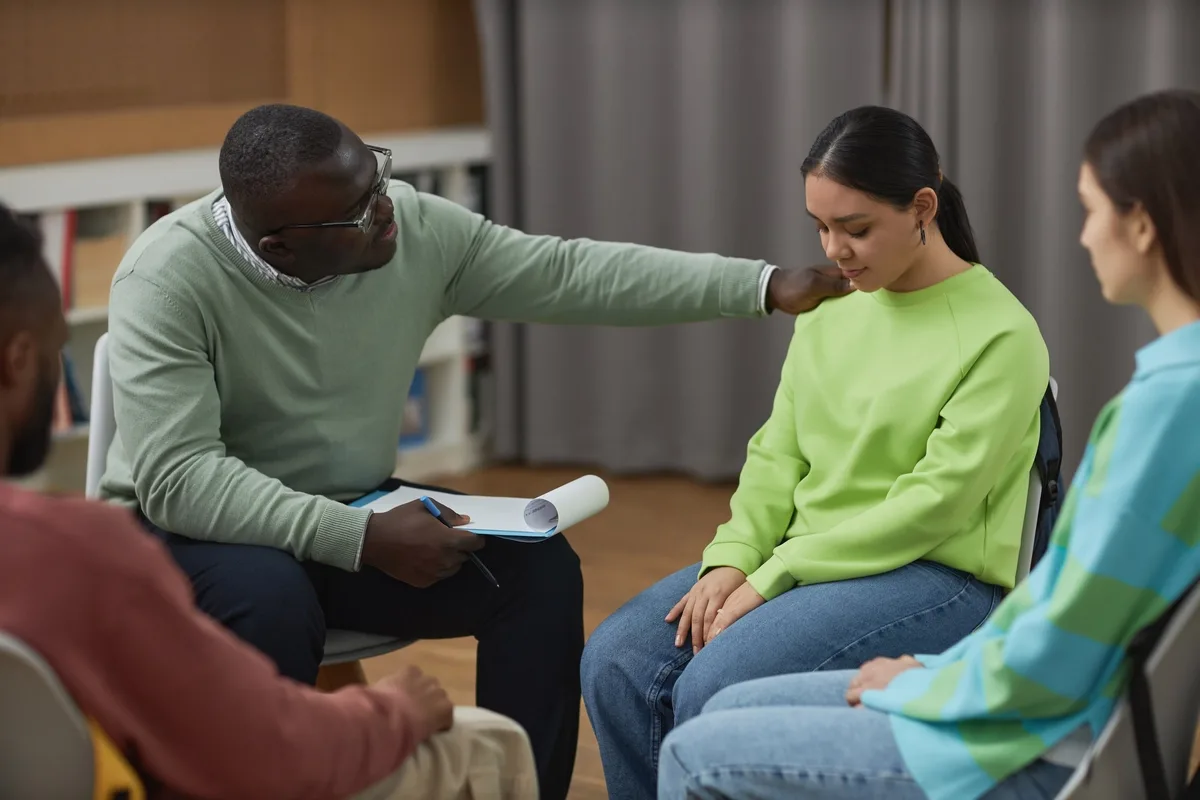


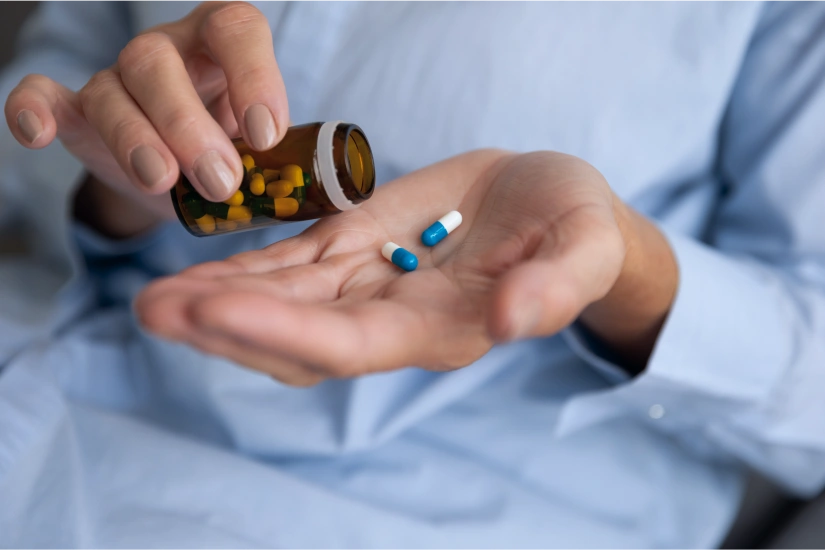

AA – Alcoholics Anonymous
AA – Alcoholics Anonymous is a non-profit rehab located in North Port, Florida. AA – Alcoholics Anon...

Second Chance Recovery
Second Chance Recovery is a non-profit rehab located in North Port, Florida. Second Chance Recovery ...


























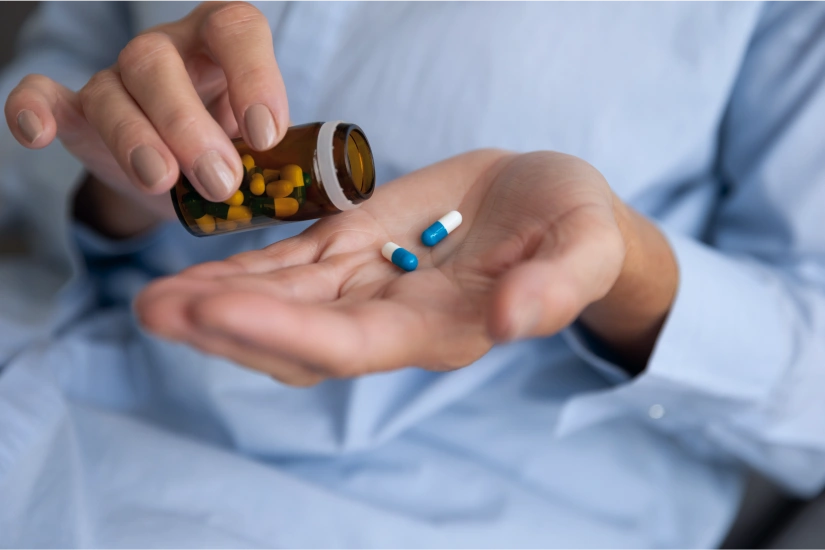


















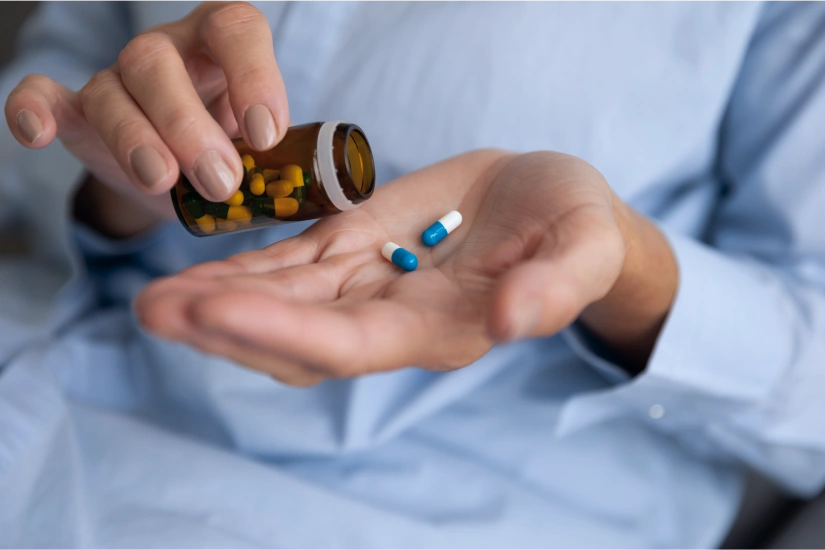









Other Insurance Options

Coventry Health Care

UMR

Anthem

Cigna

BlueShield

Premera

Evernorth

Lucent

Magellan

Meritain

Health Choice

PHCS Network

Multiplan

Medical Mutual of Ohio

CareFirst
Beacon

Amerigroup

Oxford

Aetna

Health Partners